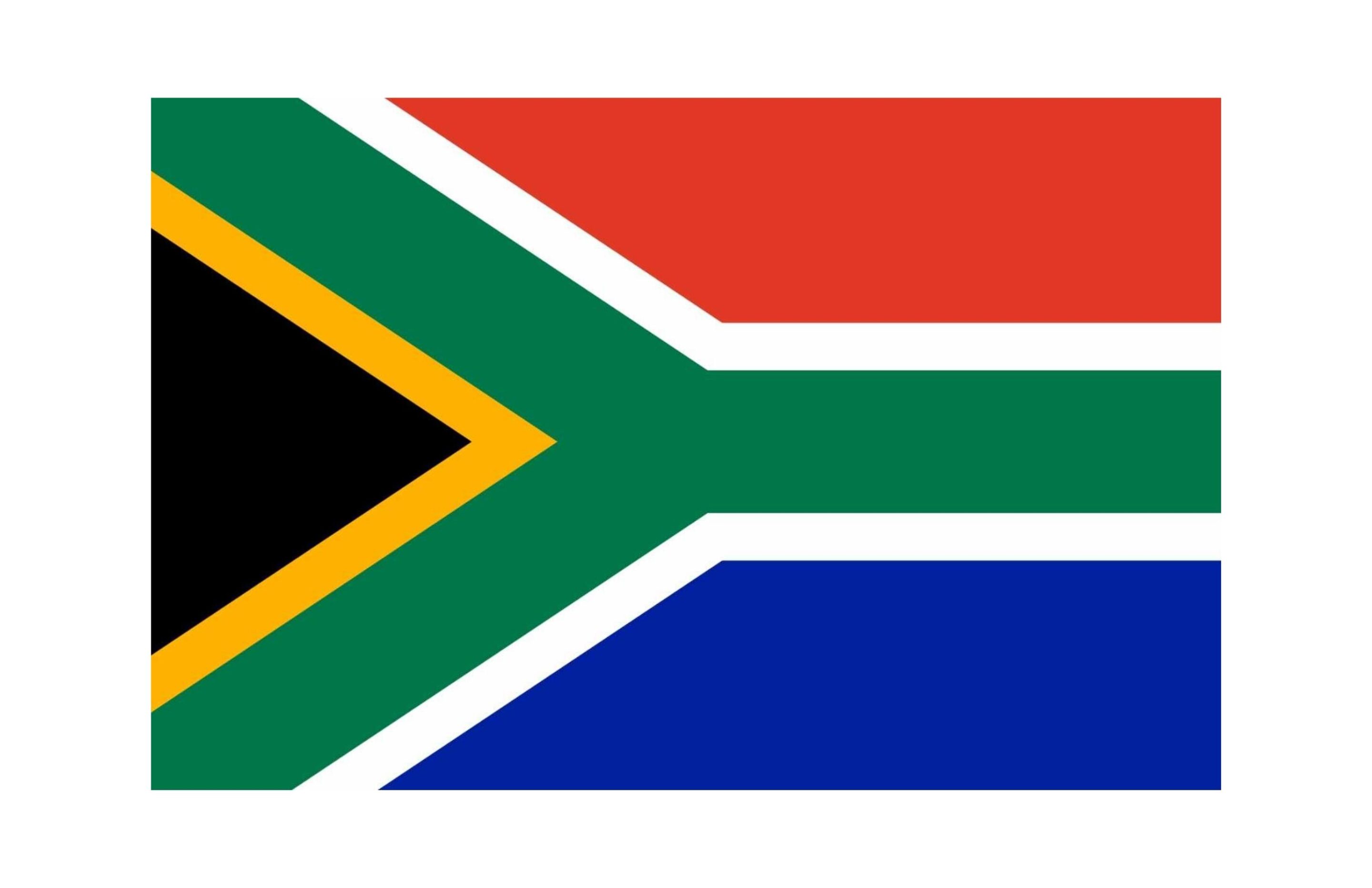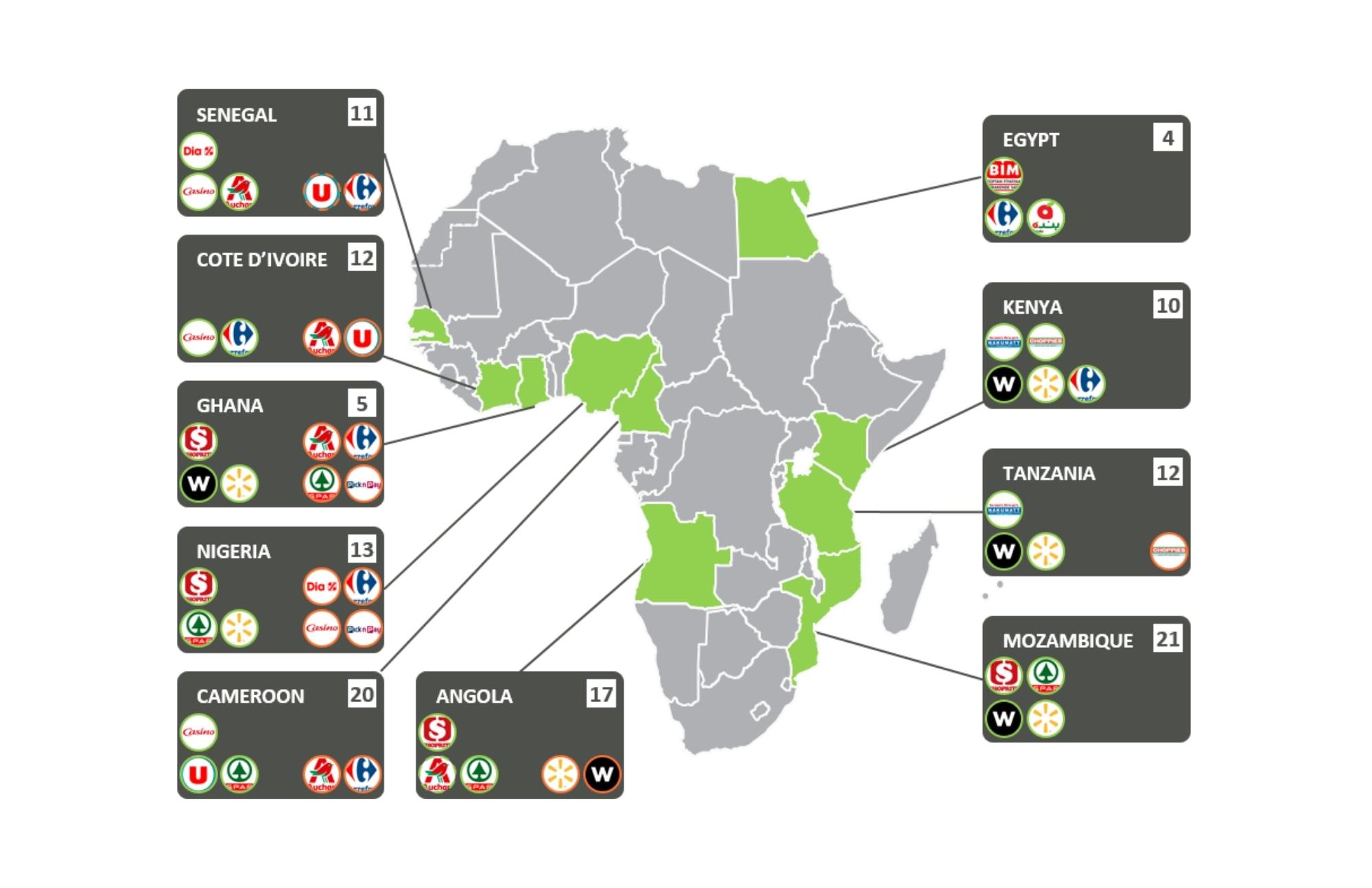most integrated in Africa. In practice, the trade war being waged by Kenya on Uganda’s dairy sector shows the work needed to be done before frictionless regional trade becomes a reality.
In 2018, Ugandan milk exports to Kenya were worth $80m. In 2020, this fell to $30m-$40m. It is likely it may fall further. Uganda produced around 2.6bn litres of milk in 2018, of which around 144m litres were sold in Kenya.Packaged Ugandan milk such as the Lato brand is popular in Kenya because it is cheap. normal conditions, Kenyan milk would be more expensive than imported milk from Uganda. In December 2019, Kenya proposed a 16% VAT on imported milk from Uganda because Kenyan dairy farmers believed they are being undercut on prices by farmers in Uganda.
The impact on the Ugandan dairy sector has been severe: the country’s leading dairy processor, Pearl Dairy Farm, owner of the Lato brand, is currently operating at 15% capacity. As a result of the drop in trade, dairy farmers in Uganda have reportedly turned to cattle farming and apiculture.
In 2020, Pearl Dairy Farm invested more than $2.7m in a commercial honey production initiative. In August 2020, it announced it was expanding into Ethiopia, Malawi and South Sudan. The company, which markets its products under the Lato brand, is also looking at export markets as far afield as Algeria. It started exporting to Egypt, Kenya, Tanzania and DRC in 2015. It entered Burundi in 2018.
The Ugandan and Kenyan governments have sought to resolve the trade dispute, which involves other farm products as well as fruit juices, sugar and pharmaceuticals. For years, Tanzania banned Uganda’s sugar amid claims it was importing and repacking sugar for the export markets (effectively using the trade bloc to bypass tariffs). That issue on sugar was resolved with a new agreement in February 2020.
Kenya has a separate trade dispute with Tanzania over sugar. In 2018, Tanzania imposed a 25% import duty on Kenyan confectionery, juice drinks and ice cream It claimed Kenya had used zero-rated industrial sugar imports to produce them.
In 2020, Uganda hiked up import fees on a range of products in order to raise revenues for its annual budget. In December 2019, Uganda and Kenya had reached a deal on the taxation of juices and pharmaceuticals and milk products. In that deal Kenya committed to lift its ban on exports of poultry and beef to Uganda, and to increase market access for Ugandan sugar.
Months later, Uganda reneged on this agreement to abolish 12% duty on Kenyan fruit juices, as well as removing a 12% verification fee on Kenyan pharmaceutical exports.
Kenya and Uganda have, in February 2021, now agreed in principle on a bilateral agreement to end their trade dispute. Under the agreement, Kenya has agreed to allow more Ugandan sugar in the country. In exchange, Uganda will relax duties on imported Kenyan fruit juices and verification fees on pharmaceuticals.
However, there is no resolution on Ugandan dairy exports to Kenya.
The ongoing saga of trade disputes in East Africa highlights the long road ahead for the goal of frictionless trade in African markets under the African Continental Free Trade Area (AfCFTA) agreement. At its heart, the dispute between Kenya and Uganda pits cheaper processed products (Kenya’s food manufacturing sector is larger, more diverse and more mature) against cheaper agricultural products (the cost of farmed goods in Uganda is lower). It is set to play out across several markets.
In one sense, it is positive. The disputes in East Africa have largely been resolved relatively quickly and without significant damage. However, they all involve parties of similar sizes with lots to gain and lose. In the case of less robust trade blocs and where the parties in the dispute are of unequal size, the resolution will be slower.
The success of the AfCFTA framework will see financing and investment flow to the most productive farmers and factories, exacerbating differences in scale, costs and ultimately the price of goods. On that basis we expect to see more trade disputes playing out because of price undercutting threatening vested interests.









